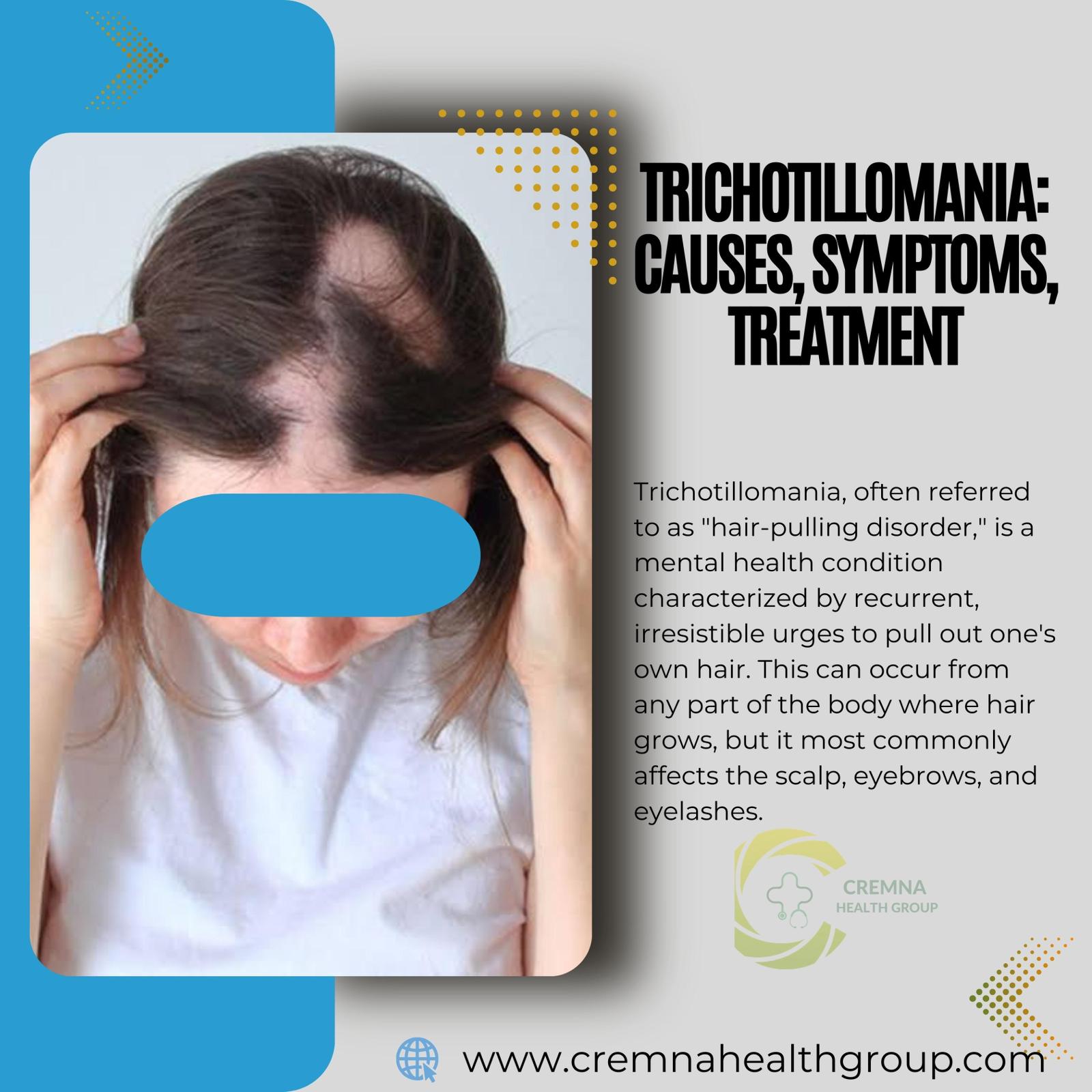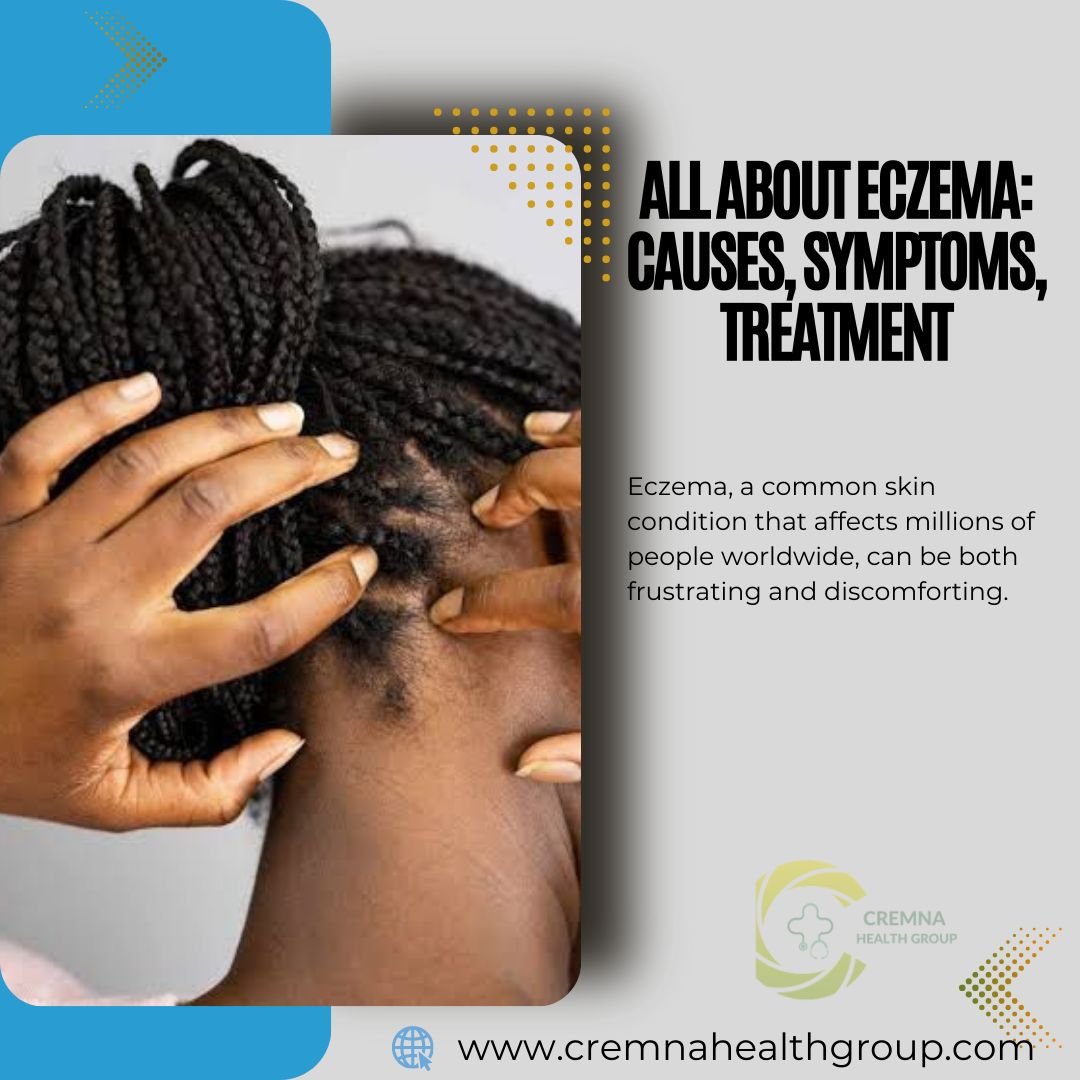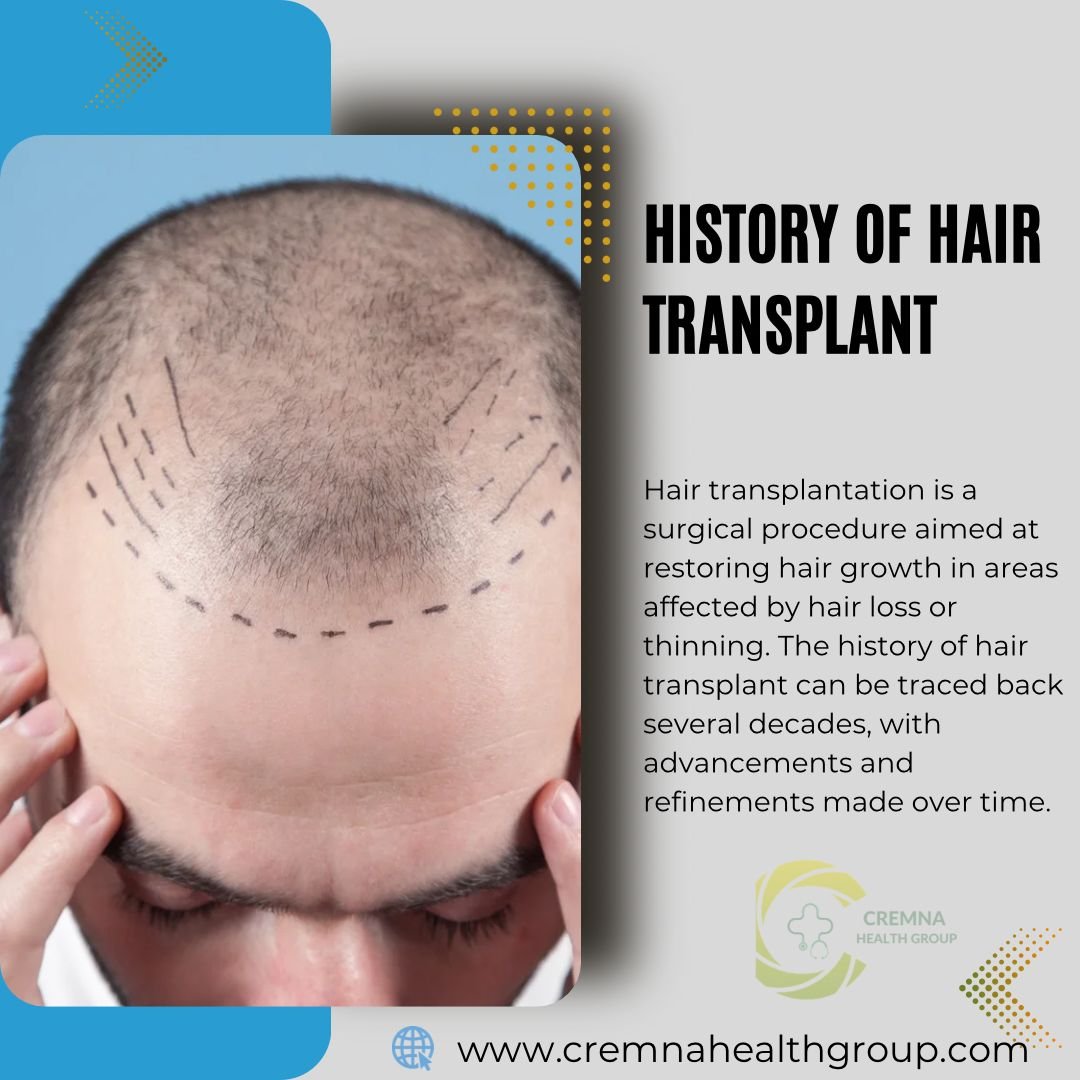
Hair has always been an important aspect of human appearance and identity. The lustrous locks atop our heads symbolize more than just a physical attribute; they represent confidence, personality, and self-expression. However, for some individuals, the sudden appearance of hair loss can be distressing. Alopecia areata, a condition that leads to patchy hair loss, is one such concern that has puzzled medical experts and individuals alike.
What is Alopecia Areata?
Alopecia areata is an autoimmune disorder that causes hair loss in distinct, often circular patches on the scalp, but it can also affect other parts of the body. It occurs when the body’s immune system mistakenly attacks hair follicles, leading to hair loss. This condition can affect individuals of all ages, genders, and ethnicities, making it a rather unpredictable and frustrating experience for those who experience it.
Who is Most Likely to Get Alopecia?
Alopecia areata does not discriminate; it can affect anyone, regardless of age or gender. However, it’s more commonly seen in individuals with a family history of autoimmune diseases. Genetic factors seem to play a role, as those with a family member who has experienced alopecia or another autoimmune condition might be at a higher risk of developing it themselves.
Is Alopecia Caused by Stress?
While stress is often blamed for many health issues, its direct role in causing alopecia areata remains unclear. Stress could potentially trigger the condition in individuals who are genetically predisposed, but it is unlikely to be the sole cause. The interplay between genetics and external factors like stress might contribute to the development of alopecia areata.
Is Alopecia Very Serious?
Alopecia areata itself is not life-threatening, and it doesn’t cause physical pain or discomfort. However, its emotional impact should not be underestimated. Hair loss, especially when it occurs unexpectedly and in patches, can lead to significant emotional distress, affecting self-esteem and mental well-being. Support from healthcare professionals, peers, and support groups can play a crucial role in managing the psychological impact of alopecia.
Alopecia Areata Treatment
While there is no known cure for alopecia areata, various treatment options are available to help manage the condition and stimulate hair regrowth. Treatment of alopecia areata includes topical medications, corticosteroid injections, and oral medications that aim to suppress the immune response in the affected areas. These treatments can encourage hair regrowth in some cases, but results can vary.
Autoimmune Hair Loss
Alopecia areata falls under the category of autoimmune hair loss conditions, where the body’s immune system mistakenly targets hair follicles as if they were foreign invaders. Another condition within this category is “telegen effluvium,” which is typically triggered by severe stress, illness, or hormonal changes. It results in widespread hair shedding rather than distinct patches of baldness.
Hair Loss Treatment
The treatment of alopecia areata extends beyond the condition itself. Many individuals explore options to manage hair loss in general, including addressing issues like receding hairlines. Treatments can range from topical solutions and oral medications to more advanced approaches like hair transplant surgery. Consulting with a dermatologist or a medical professional who specializes in hair loss can help individuals explore the best options for their specific situation.
Alopecia Areata: A Risky Affair?
Alopecia areata might not pose direct physical risks, but its impact on mental and emotional well-being should not be underestimated. The visible nature of hair loss can lead to feelings of self-consciousness and even social isolation. As with any medical concern, seeking early intervention and professional guidance is important to manage the condition effectively and mitigate its potential impact.
As a result, alopecia areata remains a complex and multifaceted condition that affects individuals in various ways. While its causes might involve a combination of genetic predisposition and external triggers, its treatments offer hope for those seeking to manage the condition and stimulate hair regrowth. If you or someone you know is experiencing alopecia areata, remember that support from healthcare professionals and the broader community can make a significant difference in navigating this journey of self-discovery and acceptance.
The Role of Hair Transplants
For individuals who seek a more permanent solution to their hair loss, hair transplant surgery can be an option. Hair transplant involves taking hair follicles from areas of the scalp with healthy hair growth and implanting them into the areas affected by alopecia areata. This procedure can provide natural-looking results and restore lost hair density. However, it’s important to note that not everyone is a suitable candidate for hair transplant and consultation with a qualified specialist is essential to determine eligibility and expected outcomes.
Table of Contents
Get in touch
Have other questions?
Email us
Cremnahealthgroup@gmail.com
Call us
+905455419206
Location
10 / Sirinyali Cd. Muratapasa Antalya, Turkey





